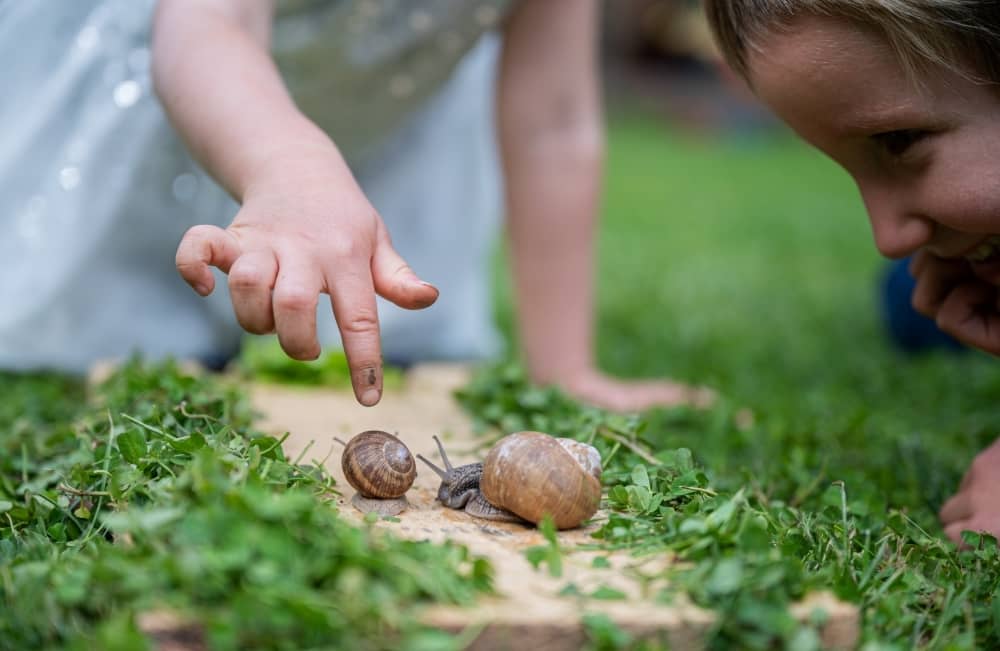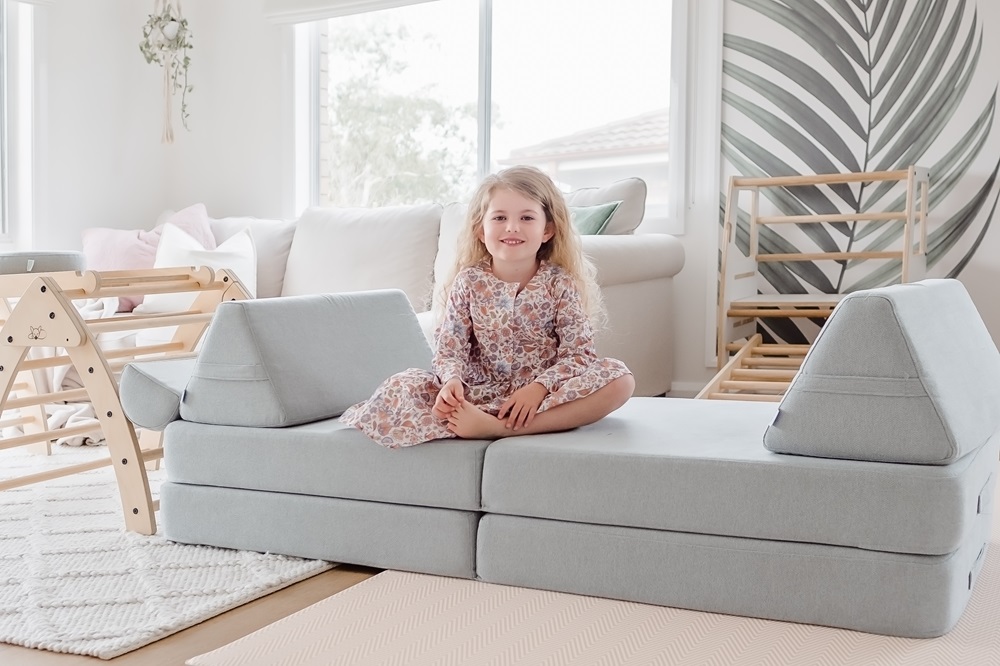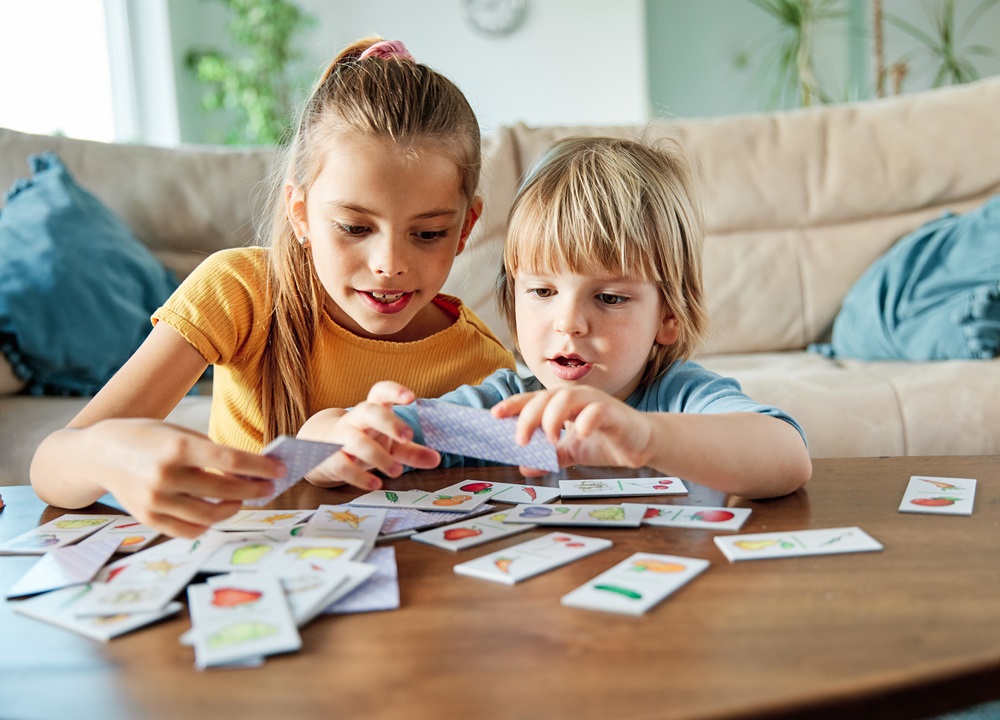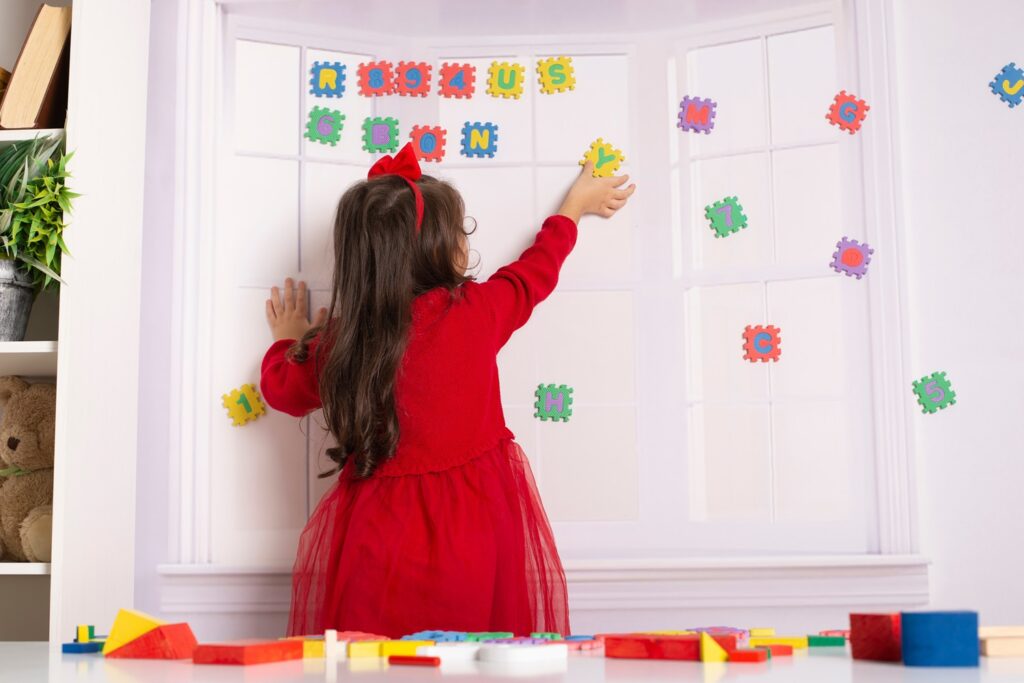With colder months approaching, it is important to support winter health with the right foods, adequate sleep, exercise, and good hygiene.
In this article, I’ll cover proven health and wellness tips for winter to help your family stay healthy through the germ season. I’ll also include some of the best rainy day activities for kids so you can keep your family active even when it’s dreary outside.
Quick Summary:
- With less sunshine exposure and more time indoors in crowded areas, illness becomes more common in the winter months
- A healthy diet can help keep your immune system strong
- Exercise helps support a healthy immune system
- Good hygiene is one of the most important winter health measures
- Getting enough sleep supports a healthy immune system
- Gloomy days can still be fun with the right rainy day activities for kids
How to Boost Kids’ Immune System
The shorter days in winter and less sunshine mean reduced vitamin D production. Colder days also lead to more time indoors with other kids and circulating germs. These factors lead to increased illnesses in the winter months.
Children are also still developing their immune systems, so it is important to instil good winter health habits. Here are four science-backed tips on how to boost kids’ immune system.
-
Encourage a Healthy, Balanced Diet
Nutrition plays a key role in supporting a healthy immune system.
To help support winter health for your entire family, focus on foods such as:
- Seasonal and locally grown foods
- Fresh fruit and vegetables
- Homemade bone broth
- Leafy greens
- Plain Greek yoghurt
- Nuts and seeds
- Garlic and onions
- Herbs and spices such as ginger and turmeric
- Lean protein and fatty fish
I’m a big fan of nutrient-rich smoothies for kids as they are colourful, easy to make, and full of vitamins. My go-to smoothie ingredients are unsweetened plain yoghurt, frozen blueberries, banana, spinach, avocado, and milk or water.
Let your child help pick out which ingredients to use and have fun making the smoothies together. Each day, mix and match different ingredients and experiment to see which combinations your child enjoys the most. When you find a combo your child loves, write down the recipe with your child and let them name the smoothie.
Along with filling your diet with colourful fruits and veggies and seasonal foods, pay attention to how much sugar your family consumes. Sugar is proven to weaken the immune system, making it important to limit your sugar intake.
Tip: check out more healthy food ideas for kids in our article here: Nutrition Boost: Top 10 Healthy Foods for Kids.
-
Get Active
Staying active is beneficial for the immune system.
One of my favourite resources to recommend is Nature Play WA. Their site is packed with resources for families that want to get outside with their kids and spend more time being active in nature.
Tip: you can also check out our guide on the best Nature Play Ideas for Kids: 35 Fun Activities to Try at Home for more inspiration.
-
Practice and Teach Good Hygiene
Good hygiene is one of the most important ways to support winter health. Set a good example by washing your hands often and teaching your child about good hygiene.
Here are some important winter health hygiene tips for your and your family:
- Teach your kids to wash their hands after using the restroom, before eating, after they cough or sneeze, after playing with pets, and being out in public
- Encourage kids to minimise how often they touch their mouth, nose, face, and eyes
- Teach your kids to spend at least 20 seconds washing their hands
- Teach your children to cover up their cough or sneeze with a tissue or their elbow
- Disinfect commonly used areas of your home often (i.e. light switches, doorknobs, handles, and countertops)
- If your child does become ill, sanitise their toys and wash their bedding to prevent spreading germs.
-
Prioritise Adequate Sleep
Too little sleep can weaken the immune system and leave you more susceptible to getting sick.
Here are the sleep guidelines for kids according to Australia’s Sleep Health Foundation:
- Newborns: 14 to 17 hours
- Infants up to 12 months: 12 to 15 hours
- Age 1 to 2: 11 to 14 hours
- Age 2 to 5 years: 10 to 13 hours
- Age 6 to 13: 9 to 11 hours
- Teens 14 to 17: 8 to 10 hours
5 Rainy Day Activities for Kids
One of my favourite winter health tips is spending plenty of time outside. But what about those dreary days when you need rainy day activities for kids?
Here are some of my favourite rainy day activities for kids in Perth and the surrounding areas.
-
Build a Fort
If it’s too rainy to build a fort out of mud, branches, and sticks outside, make an indoor fort!
Grab some blankets and cushions and let your child build a fort. Then, read a book inside together, or for older kids, play a card game inside the fort.
-
Design an Indoor Obstacle Course
Creating an indoor obstacle course lets kids use their imagination and burn some energy. Let your kid choose which materials to use, how to utilise them, where to put the course, and rules for completing the course.
-
Do Nature Art
One of my favourite rainy day activities is creating nature art. On a nice day, gather natural materials such as flat rocks, large leaves, little stones, and sticks to set aside for a rainy day.
Then, you have all the materials needed for rainy day crafts. Glue tiny stones onto paper to make fun designs, paint pictures onto the flat rocks, or come up with other fun ways to use the nature materials you collected.
-
Visit Your Local Library
Another one of my favourite rainy day activities for kids is visiting the library. With books for every age and DVDs, the library is a perfect way to pass some time on a drizzly afternoon.
When you get home, grab some books to read in your indoor fort with your child or give them some picture books to page through.
-
Go Bouncing
If your kids are literally bouncing off the walls from being stuck inside, head to an indoor trampoline park. Kids (and adults) can bounce all over, play dodgeball or basketball, and burn tons of energy!
Check out Bounce Cannington or Bounce Joondalup for information on hours and rates.
Winter Health at Tribe Early Learning
By prioritising healthy foods, good hygiene, adequate sleep, and regular physical activity, you can help your family stay healthier this winter.
At Tribe Early Learning, we support winter health by encouraging good hygiene and giving children ample opportunities to play in nature and stay active.
If you want to learn more about our approach to early education, we’d love to chat with you. Contact us today with questions or to book a tour of one of our centres.






